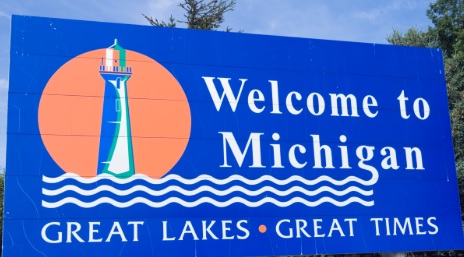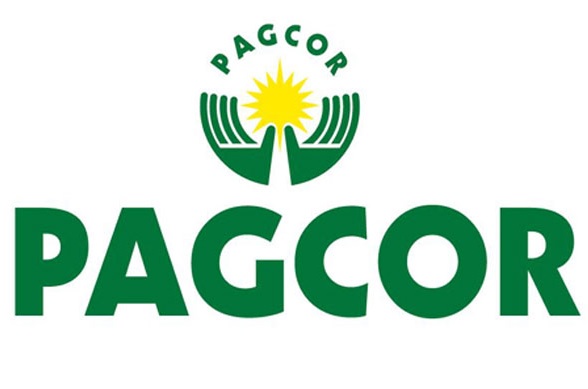As the gambling industry expert Edgar Lenzi previously anticipated, Brazil’s Federal Administration issued in late July a public consultation on the legalization and regulation of sports betting. From July 30 to August 30th, the sports betting community is able to contribute with suggestions for the regulation of Fixed Odd Sports Betting. The interested parties may submit an application in which it is possible to provide answers to pre-determined questions.
Two operating models are being evaluated, both for live and online betting. Edgar Lenzi, BetConsult’s founder and director, and gaming industry specialist lawyer, explains that such models are either a ‘concession model’ or an ‘authorization/permission model’, being the first one a more bureaucratic form of license granting for a few or a single operator, and the second model based in a free market environment that allows anyone who fills the legal and regulatory requirements to operate.
According to Alexandre Manoel, Secretary of Evaluation of Public Policies, Planning, Energy and Lottery (SECAP) of the Ministry of Economy the public consultation will help define this as well. “We gave the market 30 days to comment with suggestions. The idea is to spend another 30 days in studies and start to regulate in mid-October or November.”
He also said that an amendment to Law 13.756/2018 will be needed to address some issues, including unclaimed prizes.
“What Congress has to do is structure how the unclaimed prizes will be provided. It is a small detail. Just the addition of a provision to the law. We’ll need an amendment that addresses this. We cannot regulate without addressing this issue. We also hope to reorganize the GGR issue so that we can be in line with the best market practices.”
Moreover, Lenzi said he believes the concession model will be defined by the end of September and the enforcement rules, will be issued by late November.
As regards a possible casino model, Lenzi said there is a movement happening in which important players are putting together efforts aiming for the legalization of Integrated Resort Casinos exclusively. The most relevant player working in this way is Sheldon Adelson, founder and President of the Las Vegas Sands group.
It is known that Adelson was the biggest founder of Donald Trump’s presidential run, and the US President has already had some talking with the Brazilian President Jair Bolsonaro about the legalization of Casinos in Brazil. In a recent live stream, President Bolsonaro has said that he is in favor of the legalization, however, he understands that this matter should be legislated individually by each State.
According to a recent News report from a Brazilian media publisher, Trump and Bolsonaro talked about the legalization of Casinos when the Brazilian President met with him in Washington DC on March. Two days after such meeting, the Brazilian Tourism Minister – Marcelo Álvaro Antônio – affirmed that the Government wishes to promote a debate on the Brazilian Congress for the possibility of the legalization of Casinos, in a resort-type format.
According to the Minister:
“ First of all, it is important to separate the liberation of integrated Casino resorts and gambling in general. At this moment, it is a subject being discussed by the Brazilian Congress”.
Also, another enthusiast of the idea of resort-integrated casinos has been the Rio de Janeiro Mayor Marcelo Crivella. He met last May with Sheldon Adelson to address the issue. In an interview with Valor Econômico published in December, Crivella said she wants help from the federal government to clear the casinos. “People know that if we don’t have a job, we will go to social chaos. And no one will be obligated to play.” he said.
There are other important politicians in favor of the IRS like the Rio de Janeiro Governor and many other Deputies, including Rodrigo Maia, Chamber of Representatives` Speaker.
On top of that, there is a Bill Project for the legalization of Resort Casinos, only, that hasn’t had any processing since February by the Brazilian Congress. It’s the PL PL 530/2019 by Congressman Paulo Azi.






























